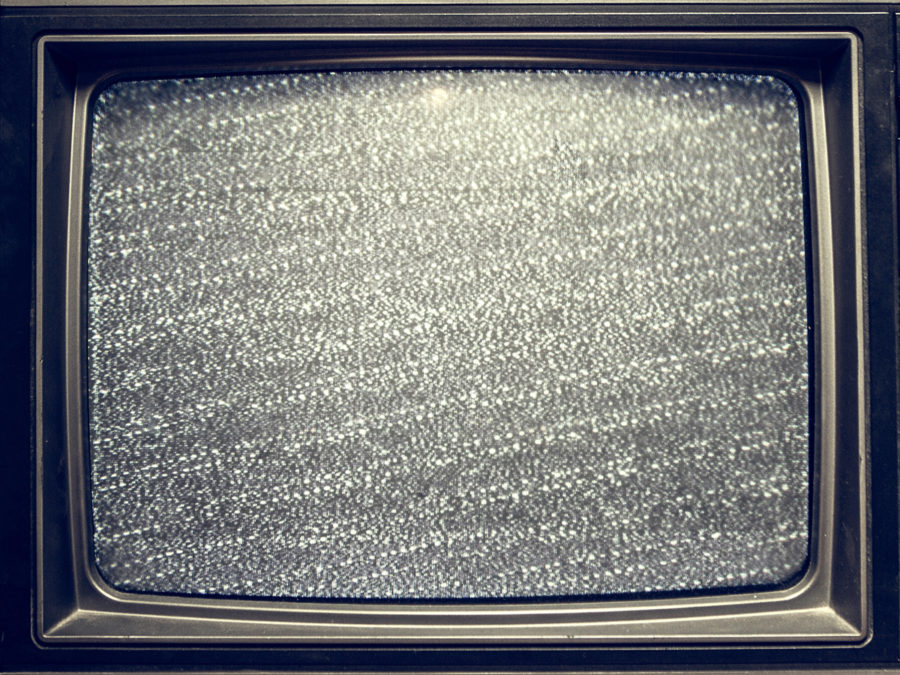Iowa State professors study the effects of gender, racial media biases
February 11, 2020
It’s no secret that the media has created stereotypes involving gender, race and more. Iowa State professionals have been studying the history and effects of these stereotypes.
Associate professor Novotny Lawrence began researching African Americans in the media in graduate school. He has conducted research on the history of African American representation and the history of misrepresentation in film. Lawrence found as the struggle for civil rights continued, stereotypes in the media began to shift.
“The overt stuff went away, and it started to become subtle […] It’s those subtle things where you continue to perpetuate these ideologies about people or present people in one way,” Lawrence said.
Lawrence also touched on the effects and importance of representation in the media and the importance of understanding stereotypes.
“They [stereotypes] inform society. All of this is ultimately about the way we come to understand each other, respect, value, or devalue each other,” Lawrence said.
According to Lawrence, people should avoid trying to be colorblind when it comes to race. He said that even though most people who say it are well-meaning, by trying to be colorblind people can reduce the need to talk and acknowledge the differences between people. Lawrence says that can lead to a lack of understanding between people who have different backgrounds and experiences.
Associate professor Tracy Lucht spoke on the media’s portrayal of stereotypes of women. Lucht has conducted research on women as journalists and on the portrayal of women in the media.
Lucht discussed the ways the media describes women.
“Anytime women are asserting themselves or holding opinions that are perceived to be rocking the boat or perceived to be shaking up the status quo, the response seems to be to cast them as somehow dangerous or loud or unnatural or unfeminine,” Lucht said.
Lucht pointed out that this is not a new phenomenon. Her research has shown that examples of this reaction can be found in the 1800s. Lucht said stereotypes like these emerged as an attempt to establish a standard of inequality.
“Just like racism, sexism is not just the behavior of an individual person but is a system of beliefs and perceptions and assumptions that we are all inundated with every day. That means we all have to do the work of questioning ourselves and our own thought processes, challenging some of that implicit bias,” Lucht said.
Vice president of diversity and inclusion, nicci port, serves as project director for diversity and inclusion as well as LGBTQ+ initiatives.
port discussed stereotypes of the LGBTQIA+ community in the media. Though representation has increased in recent years there is still work to be done, port said. One example she used were the characters Cameron Tucker and Mitchell Pritchett from ABC’s show, Modern Family. She said even though the characters have become normalized, there are still problems that exist in their portrayals. port said that as an audience of consumers people need to be able to be more critical of products created by the media.
“If you truly want to lift up a community that is marginalized don’t just create a product they can watch and consume, find a way to include them in it. That is going to lead to jobs for folks, it’s going to lead to people breaking into Hollywood. And ultimately your product is gonna be better anyway,” port said.
Moving forward port says that it is the youth that should lead the way.
“When we talk about media, I know the media is doing a much better job at showing a myriad of diversity around gender and sexuality. I feel like, as young people consume that media, they are actually in a better place to start telling the world how to change,” port said.
Lucht shared the importance of audiences viewing media with a critical eye and giving feedback to the media outlets that produce content for mass markets.
“Consumers can talk back to the media. If we as consumers can have that media literacy to talk back to that imagery to refuse to let it prescribe for us how we should live our lives, I think that will go a long ways in breaking the hold that some of these ideas have on us.” Lucht said.







